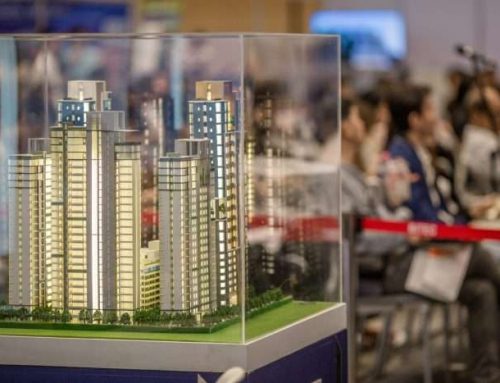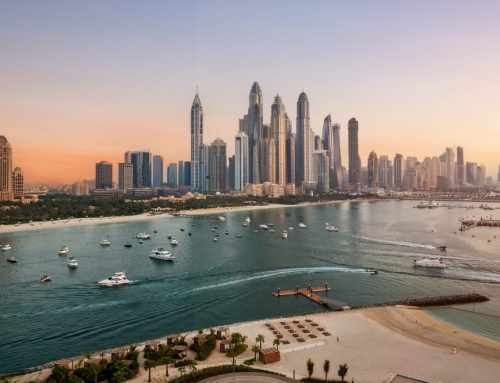Freehold vs. Leasehold Property Ownership in Dubai
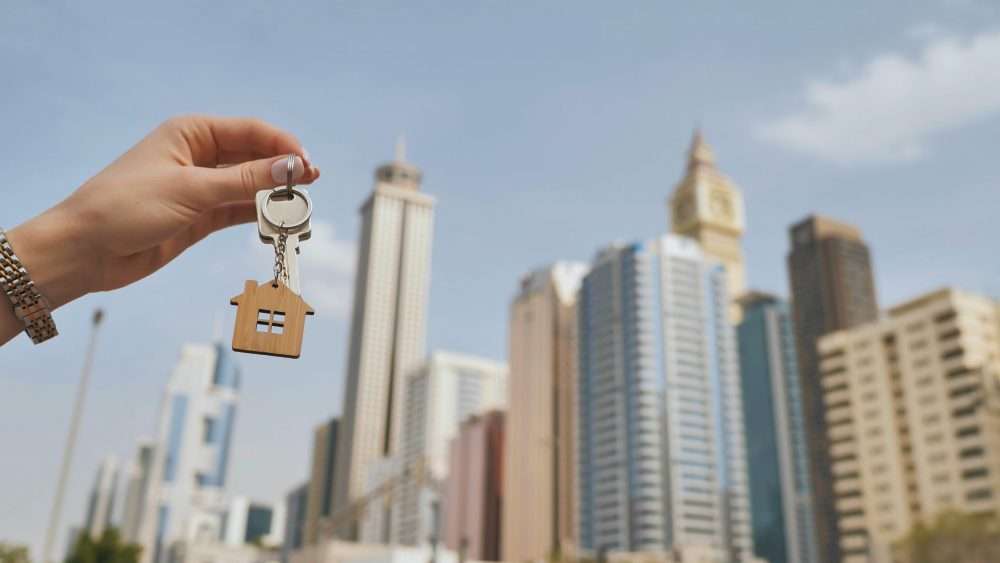
When considering property investment in Dubai, understanding the difference between freehold and leasehold ownership is critical for making the right decision. These terms define the extent of ownership rights you’ll have over the property and the land it’s built on. Whether you’re an expat or a foreign investor, this guide breaks down the pros and cons of both ownership types, along with insights into popular areas where you can find these properties.
What Is the Difference Between Freehold and Leasehold Properties in Dubai?
Dubai became a trailblazer in the UAE by allowing expats to purchase properties in designated areas. In 2001, the government permitted foreigners to own property on a leasehold basis, followed by the introduction of freehold ownership in 2002.
Here’s a quick comparison:
- Freehold Ownership: You own the property and the land indefinitely.
- Leasehold Ownership: You own the property rights for a set period (usually 99 years), not the land.
We’ll dive into the pros and cons of each to help you make a well-informed decision.
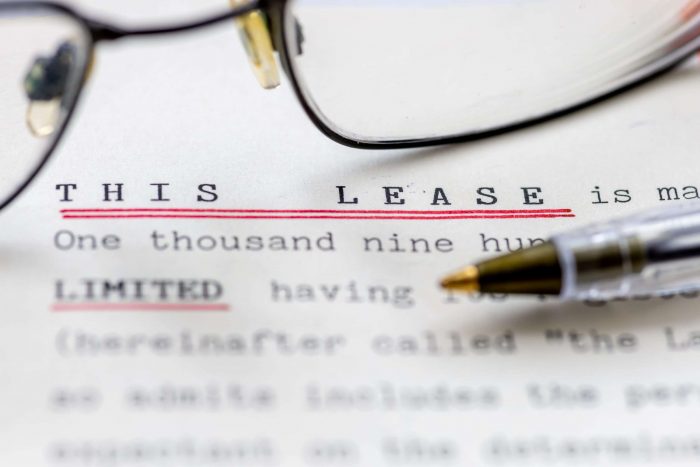
Leasehold Property Ownership in Dubai
A leasehold property gives you the right to occupy or rent out the unit for a specific time, typically up to 99 years. However, the land remains the responsibility of the freeholder.
Pros of Leasehold Properties
- Lower Cost: Leasehold properties are generally priced lower than freehold options.
- Minimal Maintenance Responsibilities: Major structural repairs are the freeholder’s responsibility.
- Flexibility at the End of the Lease: Contracts can often be renewed for continued occupancy.
Cons of Leasehold Properties
- Limited Control: You’ll need written approval from the freeholder for any renovations or modifications.
- Usage Restrictions: Subleasing and other uses may require freeholder consent.
- Finite Ownership: Ownership reverts to the freeholder at the end of the lease term.
Popular Leasehold Areas in Dubai
- Dubai Silicon Oasis
- Green Community
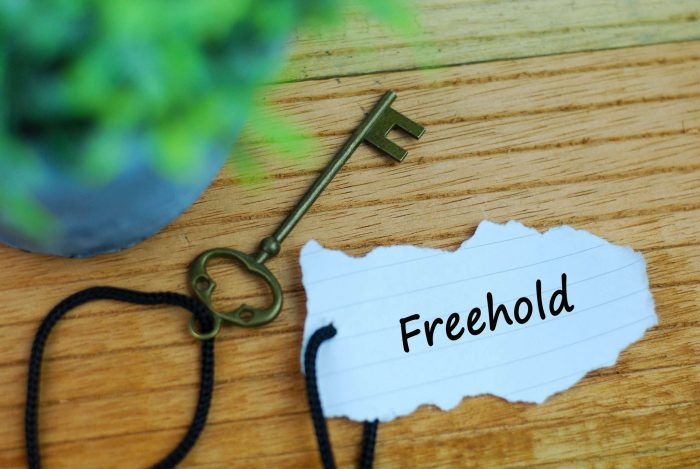
Freehold Property Ownership in Dubai
With freehold ownership, you own the property and the land without time restrictions. The Dubai Land Department registers you as the legal landowner and issues a title deed.
Pros of Freehold Properties
- Complete Control: Freehold owners can renovate, lease, or sell their property without restrictions.
- Residency Perks: Freehold property owners may qualify for renewable UAE residency visas, including 5- and 10-year options for certain investments.
- Inheritance Rights: Properties can be passed to heirs, ensuring long-term family benefits.
- Higher ROI Potential: Freehold properties often yield better rental returns and capital appreciation.
- Diverse Options: Freehold zones in Dubai offer properties for various budgets and preferences.
Cons of Freehold Properties
- Higher Initial Cost: Freehold properties typically require a more significant upfront investment.
- Maintenance Responsibilities: Owners are accountable for the upkeep and repair of their property.
Top Freehold Areas in Dubai
- Palm Jumeirah
- Downtown Dubai
- Dubai Marina
- Arabian Ranches
- The Springs

Key Considerations: Freehold vs Leasehold
- Ownership Duration: Freehold is ideal if you’re planning for long-term ownership and complete control. However, leasehold may suit those seeking short-to-medium-term residency without full maintenance responsibility.
- Budget: Leasehold properties are more budget-friendly, while freehold investments cater to those looking for high returns or future inheritance benefits.
- Usage Intent: Consider your property’s purpose—will it be your family home, a rental property, or a future inheritance? Freehold properties offer greater flexibility for these scenarios.
Choosing between leasehold and freehold properties in Dubai depends on your long-term goals, budget, and desired level of control. Freehold properties offer unmatched ownership flexibility, making them popular for long-term investors. On the other hand, leasehold properties are more affordable and suitable for those seeking limited responsibility.
Understanding your priorities and conducting thorough research will ultimately guide you to the best option. Buying property in Dubai is a significant financial step, so consider consulting a real estate expert to ensure a smooth process.

